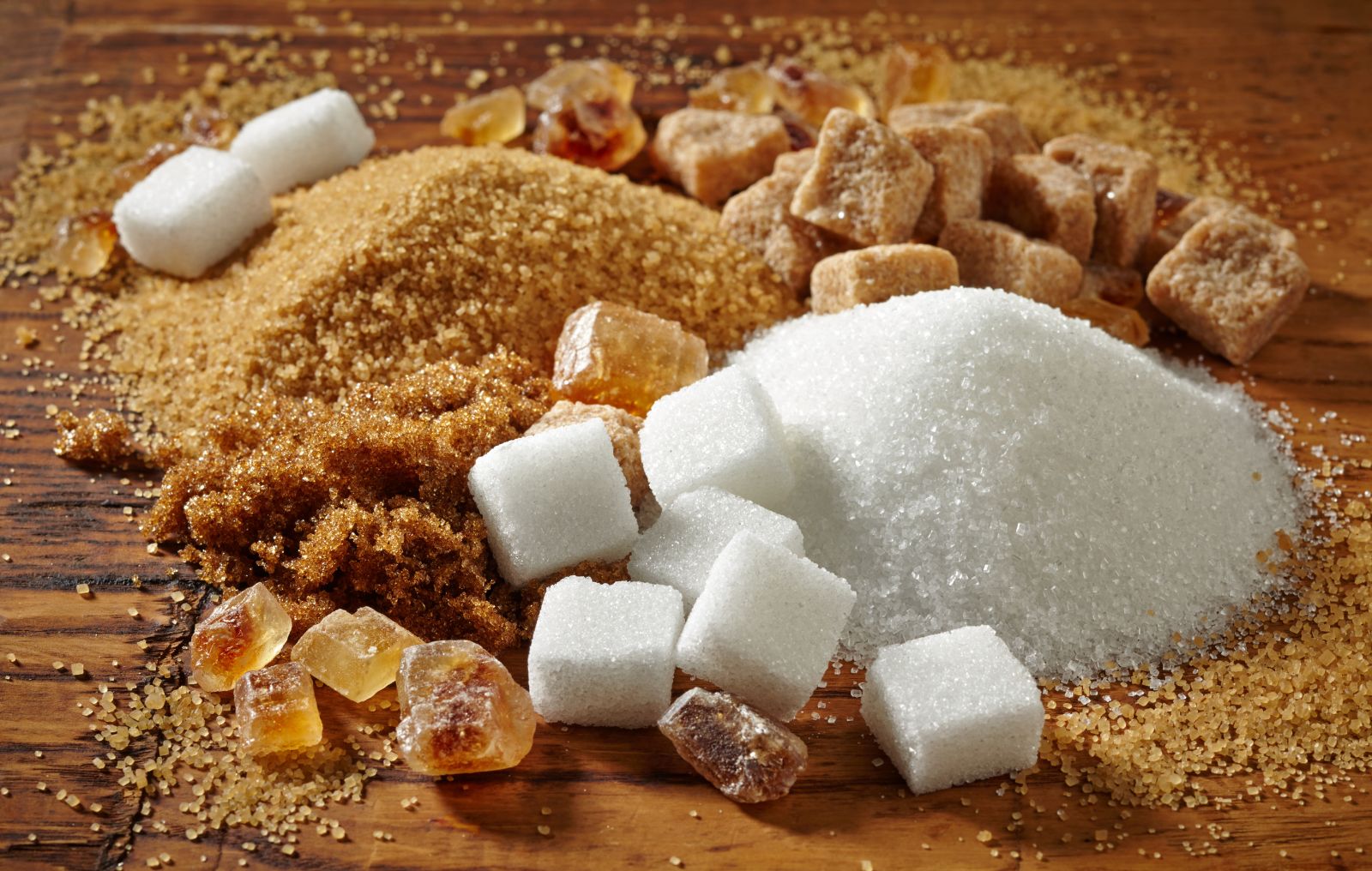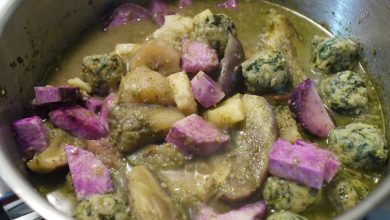Nigeria Sugar Market Growth Trajectory: Sweet Success

Introduction
The Nigeria sugar market is poised for a sweet journey ahead, with expectations of steady growth in the forecast period from 2024 to 2032. Anticipated to expand at a Compound Annual Growth Rate (CAGR) of 3.5%, this market is set to savor the fruits of increasing demand and evolving consumer preferences. In this comprehensive article, we will navigate the dynamic landscape of the Nigeria sugar market, providing valuable insights into its outlook, presenting a holistic market overview, dissecting market segments, analyzing the latest trends and insights, and offering critical analysis.
Moreover, we will explore the profound impact of the COVID-19 pandemic on this industry, unravel the top factors influencing the market, define the target audience, delve into the opportunities and challenges, outline the restraints, and elucidate the scope of the Nigeria sugar market. To enrich your understanding further, we will unveil the major key players in this sector and address six frequently asked questions to provide a comprehensive insight into this ever-evolving industry within the realm of Food and Beverages, with a focus on Sweeteners.
Market Outlook
The Nigeria sugar market share, akin to a fine dessert, is expected to experience gradual growth in the forecast period from 2024 to 2032. With a projected CAGR of 3.5%, this market anticipates a steady rise in both production and consumption, fueled by evolving consumer preferences and increased demand.
Market Overview
The Nigeria sugar market is a confectionery kingdom where sugar takes center stage. It encompasses the production, distribution, and consumption of sugar in various forms, including granulated sugar, confectioners’ sugar, and liquid sweeteners.
Segments
The sugar market in Nigeria can be dissected into several key segments:
1. Sugar Types: The market includes various sugar types, such as refined sugar, brown sugar, and specialty sugars like icing sugar.
2. End-User Applications: Sugar finds its way into an array of applications, from traditional household use to food and beverage manufacturing.
3. Distribution Channels: The distribution channels comprise retail stores, supermarkets, online platforms, and wholesalers catering to both B2C and B2B customers.
Trends and Insights
- Health Consciousness: Growing health awareness among consumers has led to a demand for healthier sugar alternatives like natural sweeteners.
- Local Production: Initiatives to promote local sugar production are gaining momentum, reducing dependency on imports.
- Flavor Innovations: Sugar flavorings and infusions are on the rise, adding a new dimension to traditional sweeteners.
COVID-19 Impact on the Industry
The COVID-19 pandemic posed both challenges and opportunities for the Nigeria sugar market. While supply chain disruptions initially affected availability, the pandemic also highlighted the importance of food security, fostering domestic production.
Top Impacting Factors
Several key factors significantly influence the Nigeria sugar market:
- Population Growth: A burgeoning population drives increased sugar consumption, especially in a country like Nigeria.
- Economic Factors: Socioeconomic conditions play a role in sugar consumption patterns, with rising disposable incomes contributing to higher demand.
- Consumer Preferences: Evolving consumer preferences, including a shift towards healthier sweeteners, impact the market.
Target Audience
The primary audience for the Nigeria sugar market includes:
- Sugar Producers and Manufacturers
- Food and Beverage Companies
- Retailers and Distributors
- Government Agencies and Regulatory Bodies
- Consumers
Opportunities
- Healthier Sweeteners: The market offers opportunities for healthier sugar alternatives, such as natural sweeteners and sugar-free products.
- Local Production: Encouraging local sugar production can reduce imports and bolster the domestic industry.
Challenges
- Supply Chain Reliability: Ensuring a stable supply chain is critical to meet the growing demand for sugar.
- Health Concerns: Increasing health consciousness may impact sugar consumption, necessitating product diversification.
Restraints
- Import Dependency: Dependency on sugar imports can expose the market to global price fluctuations.
- Regulatory Changes: Evolving regulations and sugar-related taxes can affect market dynamics.
Scope
The scope of the Nigeria sugar market extends beyond the traditional uses of sugar, encompassing a diverse range of applications in the food and beverage industry, as well as potential growth in healthier sugar alternatives.
Major Key Players
Prominent companies in the Nigeria sugar market include:
- Dangote Sugar Refinery Plc
- Flour Mills of Nigeria Plc
- Bua Sugar Refinery Ltd.
- Golden Sugar Company Ltd.
- Nigeria Sugar Manufacturing Company Ltd.
These major key players dominate the sugar market in Nigeria, contributing significantly to the country’s sugar production and distribution.
Frequently Asked Questions (FAQs)
Let’s explore the frequently asked questions in-depth:
1. What types of sugar are commonly consumed in Nigeria?
Commonly consumed sugar types in Nigeria include refined sugar, brown sugar, icing sugar, and liquid sweeteners.
2. How has health consciousness impacted sugar consumption in Nigeria?
Growing health awareness has led to increased demand for healthier sugar alternatives like natural sweeteners and sugar-free products.
3. What initiatives are in place to promote local sugar production in Nigeria?
Efforts to promote local sugar production aim to reduce import dependency and strengthen the domestic sugar industry.
4. How does the Nigeria sugar market cater to changing consumer preferences?
The market adapts to evolving consumer preferences by offering flavored and infused sugar products, providing new options for consumers.
5. How can supply chain reliability be ensured in the Nigeria sugar market?
Ensuring a stable supply chain is crucial for meeting the growing demand for sugar, requiring efficient logistics and distribution systems.
6. How might regulatory changes impact the sugar market in Nigeria?
Evolving regulations and sugar-related taxes can influence market dynamics, affecting pricing and consumer behavior.



